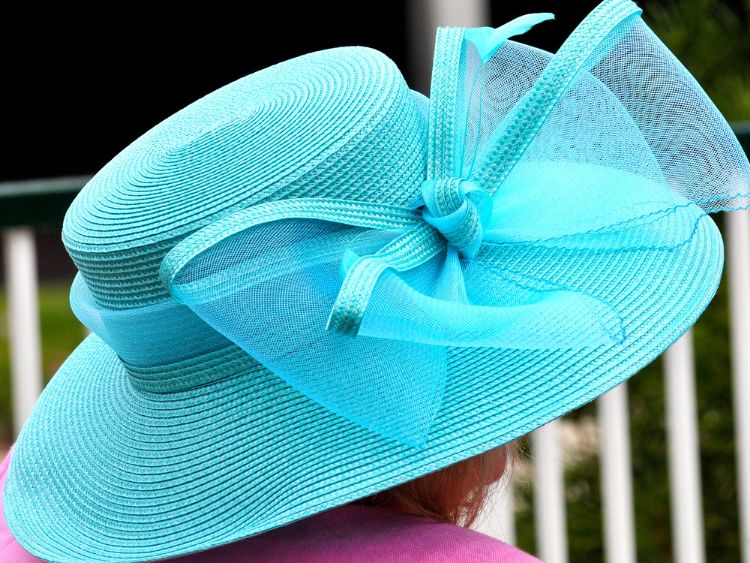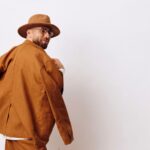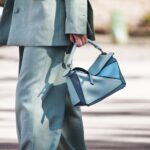The 1950s was a defining decade for fashion, bursting with bold trends, iconic silhouettes, and timeless style that still resonates today. From elegant dresses to the rebellious rise of rock ‘n’ roll-inspired attire, 50s fashion was about expressing personality and class in equal measure. Whether you’re a vintage enthusiast or curious about this transformative era, this guide will walk you through everything you need to know about the fabulous fifties.
50s Fashion
The 1950s was a decade of optimism, post-war prosperity, and the birth of pop culture. With society recovering from the austerity of the 40s, fashion exploded into vibrant, fun, and sophisticated styles. Women embraced ultra-feminine looks, while men’s fashion leaned toward a clean, classic appearance with an edge of rebellion in youth culture. Let’s dive deeper into what made 50s fashion stand out.
The Defining Trends of 50s Fashion
The 50s brought us iconic clothing pieces and styles that shaped the fashion world for years to come. Here’s a breakdown of the most popular trends that defined the decade:
1. The New Look
One of the biggest influences on 50s fashion was Christian Dior’s “New Look,” introduced in 1947. This look, which emphasized the hourglass figure, dominated much of the early 50s. Women wore full, A-line skirts paired with fitted waists and soft shoulders.
- Key Characteristics:
- Cinched waists
- Full skirts
- Soft shoulders
- Emphasis on femininity
2. Poodle Skirts
No mention of 50s fashion would be complete without the infamous poodle skirt. While its whimsical design was loved by teens, it became a symbol of youthful exuberance in the 50s. Typically made of felt, the skirt was decorated with appliqués, most famously the image of a poodle.
- Why It Became Iconic:
- Playful and easy to wear
- Showed off the newly popular full skirt trend
- Perfect for sock hops and casual dances
3. High-Waisted Pants and Capris
Although skirts and dresses were the go-to for most women, high-waisted pants and capris became increasingly popular for casual outings. These pants provided a sleek, elegant look without compromising on comfort.
- Perfect For:
- Casual daytime wear
- Paired with fitted blouses or sweaters
4. Swing Dresses
Swing dresses were the perfect example of the fun, carefree vibe of 50s fashion. These dresses had wide, full skirts designed to “swing” as you danced, hence the name. Perfect for parties, proms, and evening events, swing dresses exuded an air of elegance and femininity.
- Why They Stood Out:
- Often featured vibrant colors and bold prints
- Flattering for all body types
- Paired perfectly with petticoats for added volume
5. Cardigans and Sweater Sets
Preppy fashion had a stronghold in the 50s, and cardigans and matching sweater sets were wardrobe essentials. Worn either over dresses or with high-waisted pants, these items helped achieve a polished, put-together look.
- Style Tip: Throw a cardigan over your shoulders for a relaxed, yet classy, vibe.
Icons of 50s Fashion
Certain celebrities and public figures defined what it meant to be stylish in the 1950s. These fashion icons continue to inspire modern looks. Let’s take a look at some of the most influential figures of the time.
1. Marilyn Monroe
Marilyn Monroe was the epitome of Hollywood glamour. Known for her curve-hugging dresses, bold red lips, and platinum blonde hair, Monroe’s style was sensual and sophisticated.
- Signature Look: Form-fitting dresses, sweetheart necklines, and high heels
2. Audrey Hepburn
Audrey Hepburn embodied chic simplicity. Her sleek, understated outfits stood in contrast to the more flamboyant trends of the 50s, but her elegant style had an enduring influence.
- Signature Look: Little black dresses, ballet flats, and cigarette pants
3. James Dean
James Dean was the poster child of rebellion, inspiring a generation of men to adopt the “bad boy” look. His signature ensemble of jeans, white t-shirts, and leather jackets defined rock ‘n’ roll style.
- Signature Look: Leather jackets, cuffed jeans, and a devil-may-care attitude
4. Grace Kelly
Grace Kelly, the princess of Monaco, was renowned for her timeless beauty and grace. Her elegant, ladylike fashion choices, including tailored suits and simple, refined gowns, made her a fashion icon of the 50s.
- Signature Look: Tailored dresses, pearls, and understated accessories
The Influence of Rock ‘n’ Roll on 50s Fashion
While Dior’s New Look was all about polished sophistication, the rise of rock ‘n’ roll brought about a more rebellious spirit in fashion. Artists like Elvis Presley and Chuck Berry weren’t just making waves in music—they were shaking up the fashion world too. Leather jackets, denim, and bolder prints became symbols of youthful defiance, and the so-called “Greaser” look was born.
The Greaser Look:
- White t-shirts or tank tops
- Leather or denim jackets
- Cuffed jeans
- Boots or Converse sneakers
This shift in style represented a cultural revolution, where younger generations wanted to break free from the conventional norms of fashion and society.
Makeup and Hair in 50s Fashion
In addition to the iconic clothing styles, 50s beauty trends were just as memorable. Women of this era embraced a classic, polished look that featured bold makeup and styled hair.
1. Red Lips
Red lipstick was a staple of 50s beauty. Women wore it almost universally, pairing it with softly powdered faces and a subtle hint of blush.
2. Cat-Eye Eyeliner
The cat-eye look, created by using liquid eyeliner to extend the lashes, became hugely popular in the 50s. It added a touch of glamour to any outfit and gave the eyes a sultry, defined look.
3. Victory Rolls and Pin Curls
When it came to hair, structured styles were in. Victory rolls, made famous during WWII, carried over into the 50s, along with pin curls and voluminous updos.
Men’s Fashion in the 50s
While women’s fashion saw dramatic shifts, men’s fashion in the 50s was defined by clean lines and classic styles. There were two main camps: the traditional and the rebellious.
1. Traditional Businessmen
Men who followed more traditional fashion paths wore sharp suits, often with skinny ties and pocket squares. This look was all about sophistication.
2. Rebel Without a Cause
On the other end of the spectrum, the rebellious “bad boy” style became mainstream, influenced by stars like James Dean and Marlon Brando. The leather jacket, white t-shirt, and jeans combo became a powerful symbol of 50s youth rebellion.
FAQs About 50s Fashion
- What were the most popular fabrics in 50s fashion?
Cotton, silk, tulle, and nylon were widely used. The invention of synthetic fabrics like polyester also made clothing more affordable. - How did the 50s influence modern fashion?
Many modern designers look to the 50s for inspiration, reviving elements like swing dresses, high-waisted pants, and cat-eye makeup. - Were accessories important in 50s fashion?
Absolutely! Gloves, pearls, and hats were key accessories that added sophistication and polish to any outfit. - What was the most iconic men’s fashion piece in the 50s?
The leather jacket, made popular by movie stars, became the ultimate symbol of rebellion.
Conclusion: The Lasting Impact of 50s Fashion
The 50s was more than just a decade of style—it was a cultural shift that still influences fashion today. From Dior’s New Look to rock ‘n’ roll rebellion, 50s fashion embraced femininity, fun, and individuality. Whether it’s swing dresses or the iconic leather jacket, the influence of 50s fashion is everywhere. So, if you ever find yourself looking for some vintage inspiration, look no further than the fabulous fifties.
Authoritative Links:
- Dior’s New Look History: www.dior.com
- 50s Fashion Overview: www.fashionhistory.edu/1950s
- 1950s Makeup and Hair: www.beautytrends.com/1950s-hair



